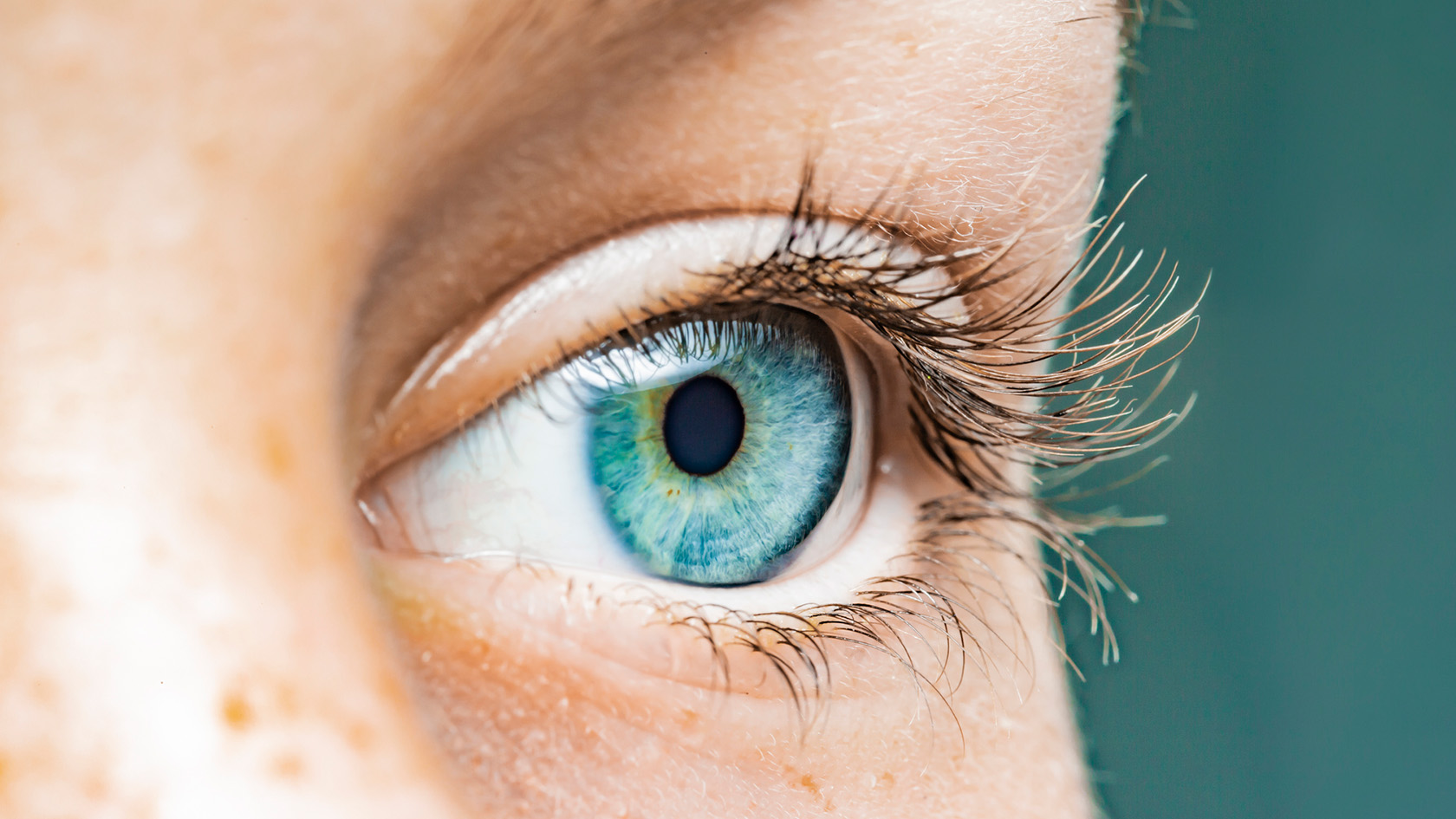Our visual perception is more rational than we think
Our visual perception depends more strongly on the utility of information than previously thought. This has been demonstrated in a series of experiments conducted by researchers at the Neuroscience Center Zurich. Cognitive biases can begin at the retina.

Are our senses there to provide us with the most complete representation of the world, or do they serve our survival? For a long time, the former was the dominant view in neuroscience. “Was” is the operative word here. In the last 50 years, psychologists such as Nobel Prize winners Daniel Kahnemann and Amos Tversky have shown that human perception is often anything but complete and instead is highly selective.
Experiments have now verified that there is a whole list of examples of cognitive biases. One of the most important is confirmation bias: we often process new information in a way that confirms our beliefs and expectations.
But up until now, researchers haven’t been able to fully explain under what conditions these distortions come into play and when exactly in the perceptual process they begin. A study by researchers led by University of Zurich Professor Todd Hare and ETH Professor Rafael Polania, recently published in the journal Nature Human Behaviour, now shows that the brain already adjusts the visual perception of things on the retina when it is in our interest to do so. Or, to put it another way, we unconsciously see things distorted when it comes to our survival, well-being, or other interests.